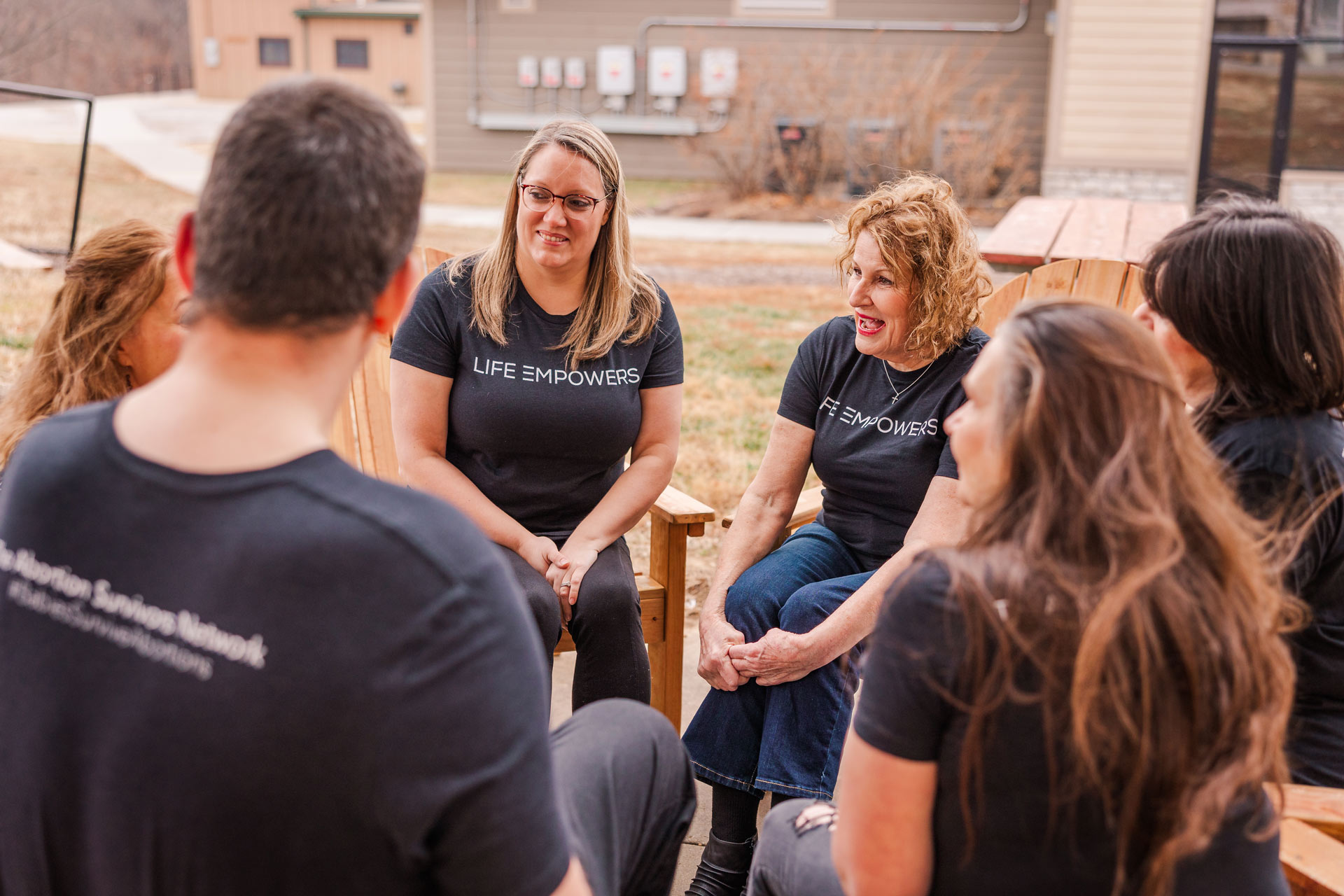“My life’s journey started long before my birth.”
Those are the words of one of our Abortion Survivors, Kim Marvin. The same is true for the survivor in your life. Their journey began from the moment of their conception.
You have witnessed the struggle and the heartache of an abortion survivor. The pain you feel for them is only the tip of the iceberg of the suffering and rejection they experience.
Relationships with someone who is profoundly hurting are complex. How do you support their healing journey? What can you say or do to remove some of their burdens?
Do you love someone who survived an abortion?
Whether you are the parent or spouse of a survivor, we know the whole family can feel the impacts of abortion survival trauma. The Abortion Survivors Network exists to assist you too. We offer support for families of survivors through communities that advise and strengthen you as you love and care for a survivor.
Parent Support Groups
We offer a private online community for parents raising abortion survivors. With separate groups for biological and adoptive parents, we provide a safe space for parents to share their struggles and needs, and ask questions.
Together, you can gather tools and resources to talk with your families about abortion and the sanctity of human life. Parents can also ask questions to determine how to share their child’s abortion survival story with them and age-appropriate information.
Spouse Support Group
You can join a private online community for significant others of abortion survivors. This group will educate spouses on specific areas that abortion survivors struggle in and how to support their survivor spouse in their journey. It will also provide a space to learn from and encourage one another.
5 Reflections For Families of Survivors
1. Speak the Truth
If you know the truth, speak the truth. As painful as it may be, it is far better for the survivor to know the truth than keep it secret.
2. Understand the Emotions
You know the survivor best. You should also know when they’re ready to handle the information emotionally. It’s okay to wait.
3. Document As Much As Possible
The need for documentation is especially true for a birth mother or adoptive parent. Try to document as much as you can before you begin the conversation. There will be questions; the more information you have, the better.
4. Be the Safe Space
The rejection and pain are real. You need to create a safe space for the survivor.
5. Give Them Assurance
An abortion survivor feels isolated. Assure them they aren’t alone.
